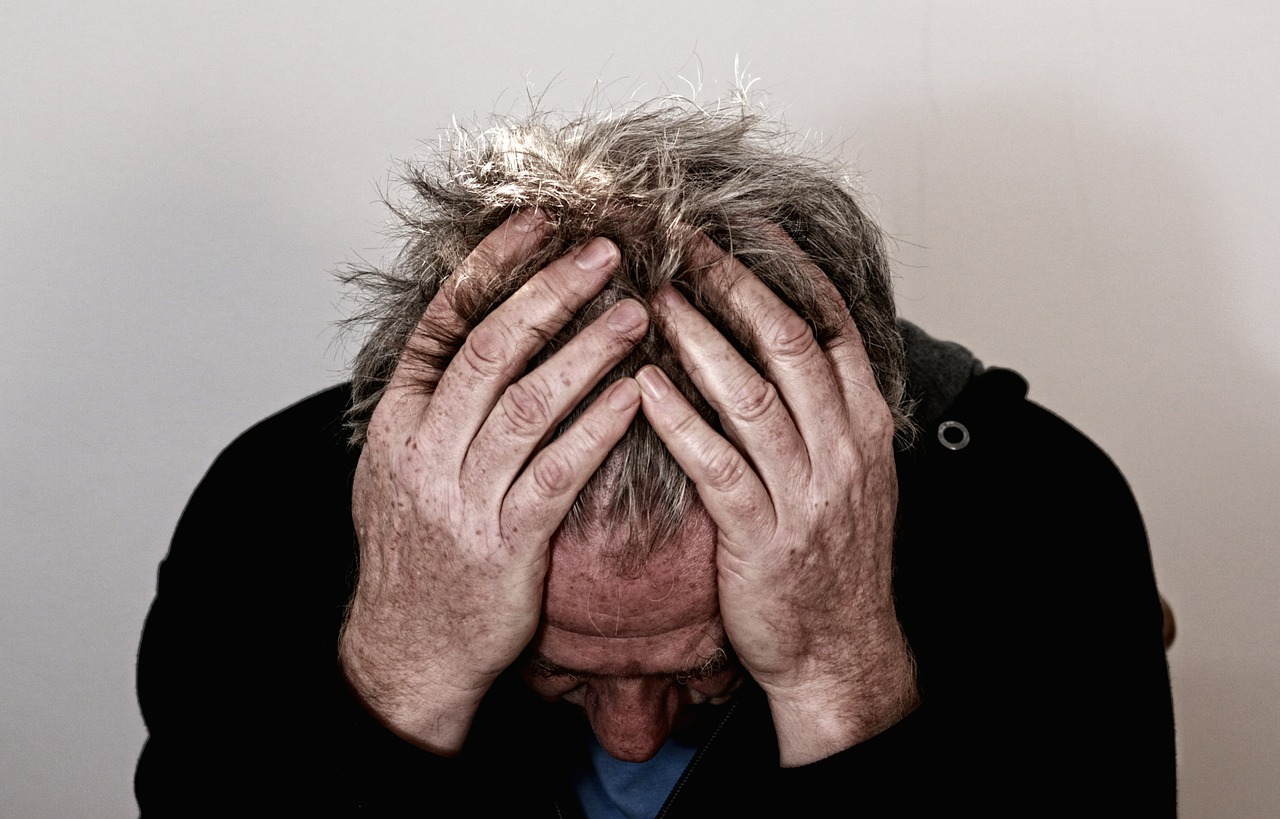Research to understand and meet crises
The Greek word krisis means a "turning point in a disease.” Crises can entail a number of challenges for those affected, but also opportunities. Researchers at Mälardalen University (MDH) are investigating how crises affect us as humans – knowledge that can be used to find the right tools for how we can deal with these in the best way and to come strengthened out of the crisis.

Crises can entail a number of challenges for those affected, but also opportunities.
Jonas Stier is Professor of Social Work at MDH. His research includes societal changes, and what consequences these have for humans.
– In our research we are looking for example at how we as humans react to different types of crises. If we acquire knowledge about our own reactions, and understand why we react the way we do, it will be easier to find tools to deal with the crisis and influence our own wellbeing, he says.
Jonas Stier’s three tips on how you can influence your own wellbeing in times of crisis:
- Be aware of your reaction.
- Question why you react the way you do.
- Break your thought processes and change your way of viewing the crisis.
MDH conducts research in all of the UN’s global goals for sustainability. This research domain is linked to goal number 3, concerning health and wellbeing.
This is how MDH work with the sustainable development goals
On 1 January 2016, the 17 Sustainable Development Goals of the 2030 Agenda for Sustainable Development officially came into force. Over the next fifteen years countries will mobilize efforts to end all forms of poverty, fight inequalities and tackle climate change. This is how MDH work with the sustainable development goals.
Sustainable development goalsContact Information
